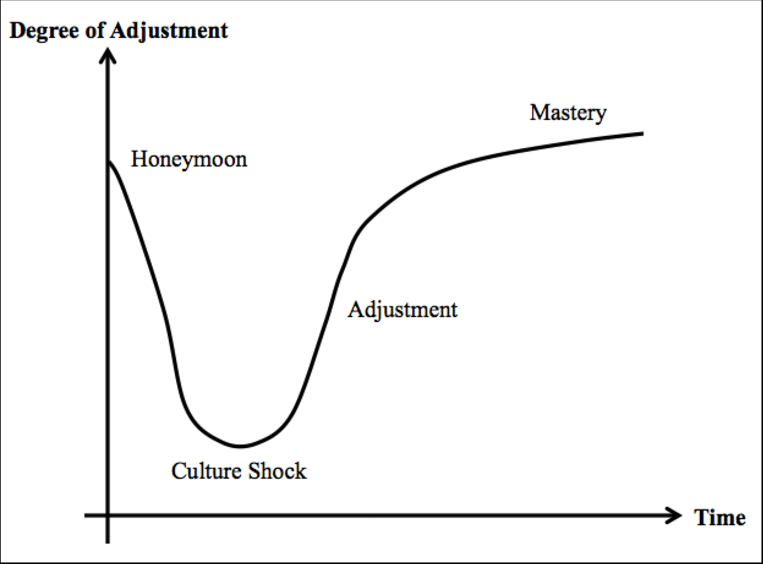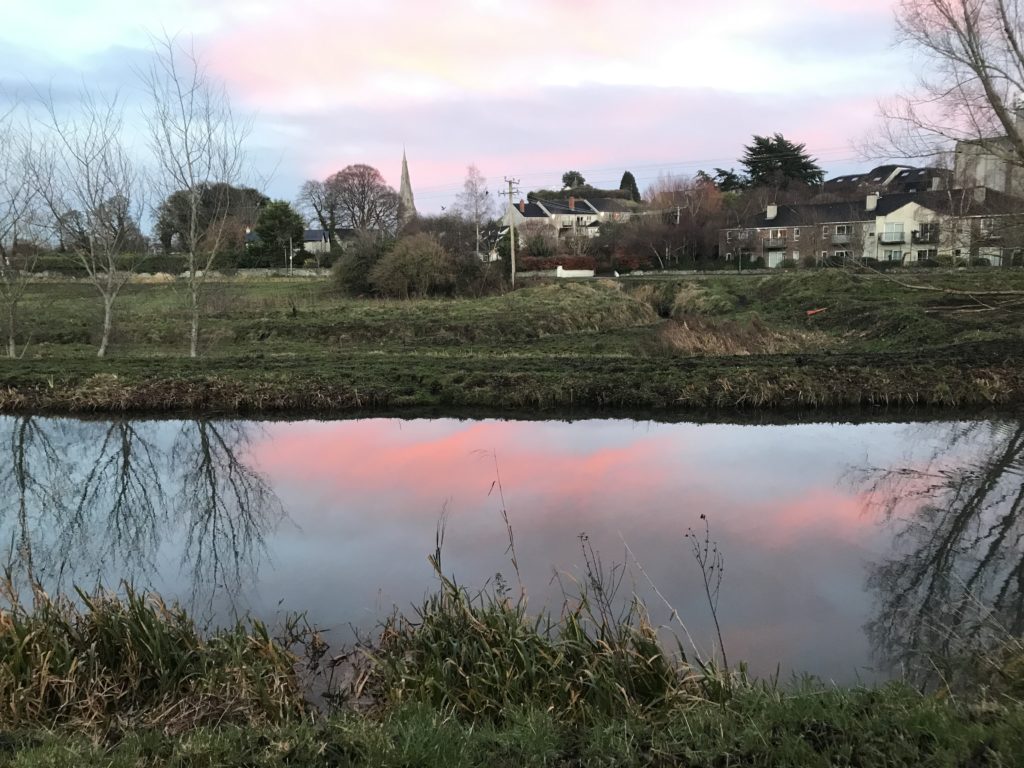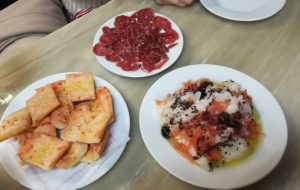Culture shock is a real thing. I’ve said so to countless groups of students that I’ve been involved with around the world. Over and over I’ve copy and pasted the 4 stages of culture shock onto a Powerpoint and warned students to beware the seductive power of that honeymoon stage.

At the same time, I’ve always felt that this model is both too simplistic to capture the vast diversity of human experience and more complicated than necessary to express what I think is a very natural idea. The fact is that not every day is going to be a great day. This is true whether you are in your hometown or half-way across the world. The difference, in my opinion, is that traveling puts physical, temporal, and symbolic distance between you and your established support systems while simultaneously creating more daily challenges in the form of cultural misunderstanding.
For me, some days in Ireland feel like I’m playing a game that everyone but me knows the rules to. It can be isolating and frustrating. It can also be interesting and exciting; challenging me to be better.
The best coping mechanism I have found to deal with the variety of stressors associated to my internship in Ireland is a walk along the canal in Naas. Its a routine that reminds me of home, where I walked nearly everywhere. Its physical exercise. Its a break from screens. My walks along the canal have a restorative effect for me; body, mind, and soul. Its a seemingly small routine that has given me the resilience I need to make the most of my time in Ireland.

I want to change the way I talk about culture shock. Too many times I’ve used language about avoiding the shock. This betrays my need to escape the discomfort that comes when I am without even just a little bit of the privilege I am accustomed to in the U.S. My need to get past culture shock denies me the opportunity to learn from it.
So instead of avoiding culture shock, I’d like to try and use language about going through culture shock. Instead of avoidance, resilience. Replace withdrawal with vulnerability. I hope to embrace and learn from the difficulties of living in a culture and community that is different from my own.








